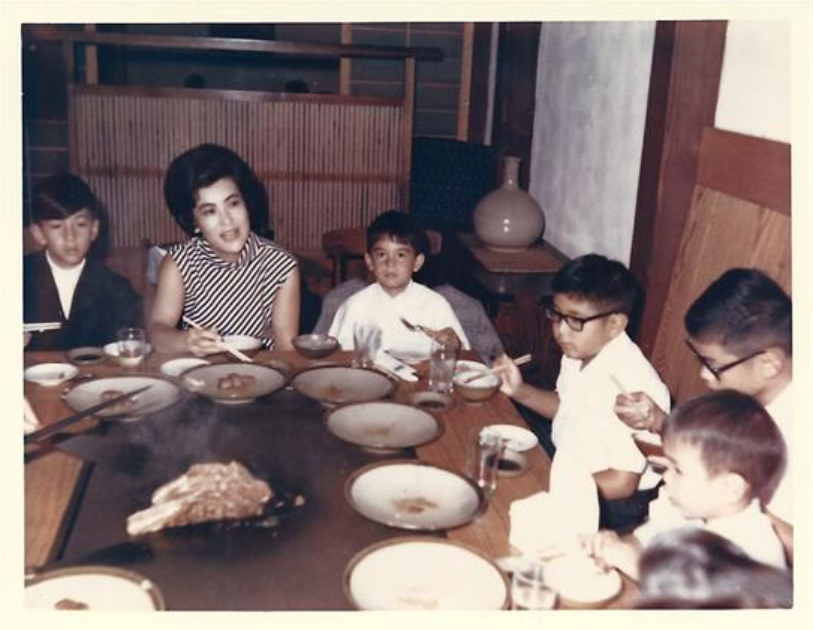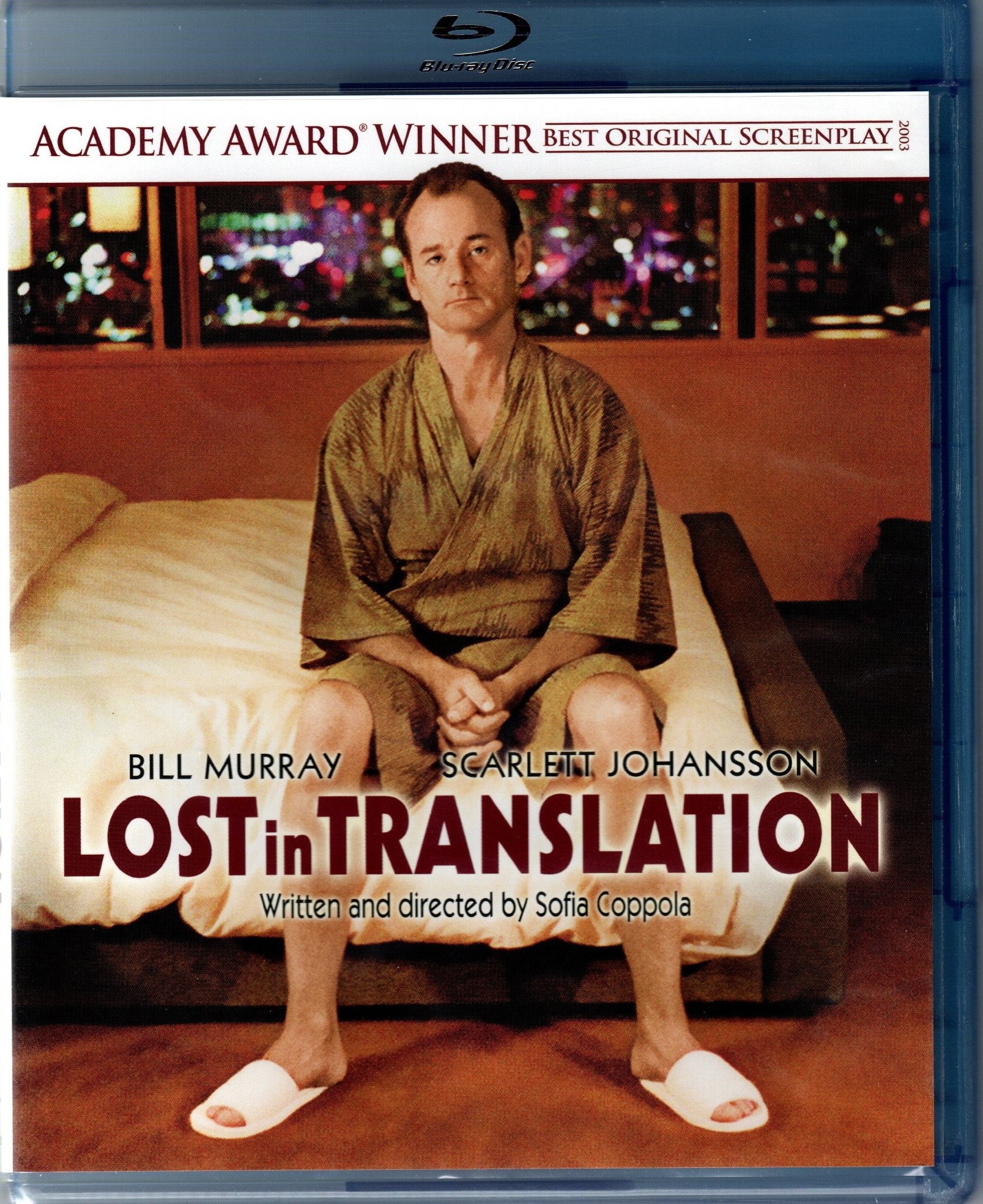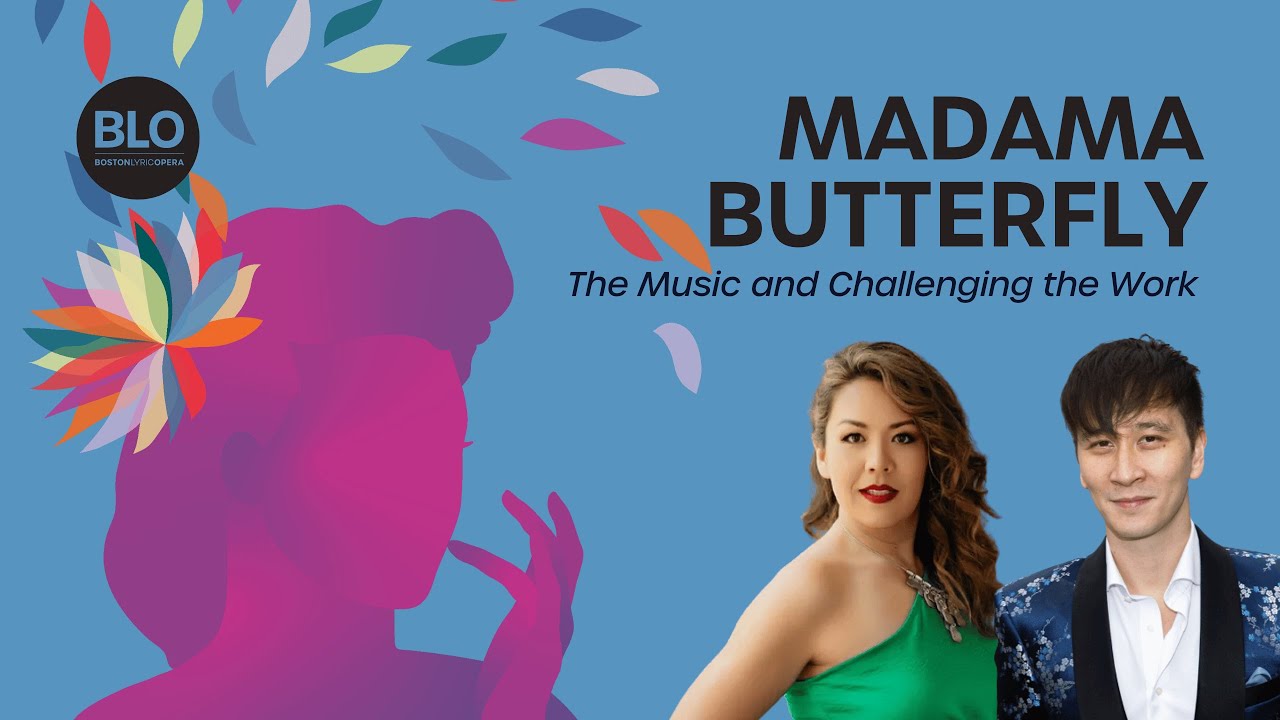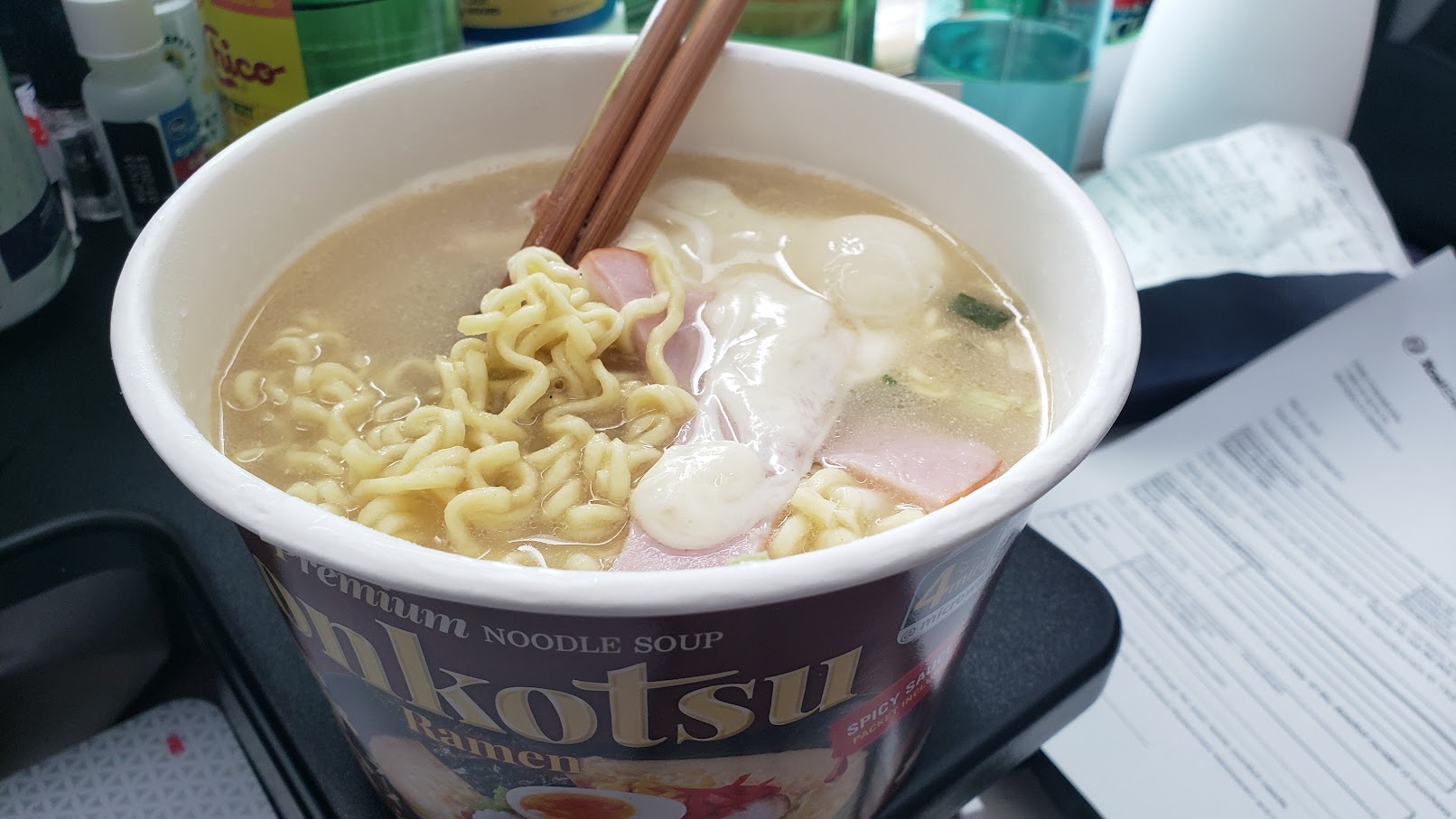June 29, 2008
Honoring Japanese American veterans for the 4th of July
 The Japanese American National Museum is sponsoring a conference in Denver over the Fourth of July weekend, called "Whose America? Who's American? Diversity, Civil Liberties, and Social Justice."
Erin and I are helping out the conference, and one of Erin's main projects has been contacting and inviting Colorado Japanese American veterans to the conference's Welcome Ceremony on July 4, during which the vets will be honored for their service. Many of them are elderly veterans of the 100th Battalion/442nd Regimental Combat Team, who fought in Europe during WWII even though many of them had family members living behind barbed wire in U.S. concentration camps.
These men, as well as their lesser-known Pacific campaign counterparts, the Military Intelligence Service (MIS) who fought in the Pacific, for the country that imprisoned them at the start of the war just to prove their patriotism, remain today the most highly-decorated combat unit for its size and length of service in U.S. military history. In one celebrated battle, the men of the 442nd, whose motto was "Go for Broke!," suffered over 800 casualties to save 211 men of a Texas "Lost Battalion" in the Vosges mountains of France towards the end of the war.
It should be a moving tribute to these men, and the veterans will include both Hawai'i Sen. Daniel Inouye, who lost an arm as a member of the 442nd, and former Transportation Secretary Norm Mineta, who served in the Army during the 1950s.
They'll join over two dozen Colorado veterans as well as JA veterans from all over the country who are attending the conference.
The Japanese American National Museum is sponsoring a conference in Denver over the Fourth of July weekend, called "Whose America? Who's American? Diversity, Civil Liberties, and Social Justice."
Erin and I are helping out the conference, and one of Erin's main projects has been contacting and inviting Colorado Japanese American veterans to the conference's Welcome Ceremony on July 4, during which the vets will be honored for their service. Many of them are elderly veterans of the 100th Battalion/442nd Regimental Combat Team, who fought in Europe during WWII even though many of them had family members living behind barbed wire in U.S. concentration camps.
These men, as well as their lesser-known Pacific campaign counterparts, the Military Intelligence Service (MIS) who fought in the Pacific, for the country that imprisoned them at the start of the war just to prove their patriotism, remain today the most highly-decorated combat unit for its size and length of service in U.S. military history. In one celebrated battle, the men of the 442nd, whose motto was "Go for Broke!," suffered over 800 casualties to save 211 men of a Texas "Lost Battalion" in the Vosges mountains of France towards the end of the war.
It should be a moving tribute to these men, and the veterans will include both Hawai'i Sen. Daniel Inouye, who lost an arm as a member of the 442nd, and former Transportation Secretary Norm Mineta, who served in the Army during the 1950s.
They'll join over two dozen Colorado veterans as well as JA veterans from all over the country who are attending the conference.









 Growing up, I didn't think much about it, but seeing old Westerns now, it's amazing to me that movies got away with casting white people in the roles of American Indians or Mexicans -- almost always as "bad guys."
Seeing these movies today, you could tell they're not ethnic actors, and could almost see the smudges from the makeup smeared over their faces and hands. It wasn't any more sophisticated than the blackface makeup white actors wore to play African American roles in silent movies or the early talkies, wide-eyed, shiny black visages like masks, singing about "mammy." You don't see that any more, at least, not with blacks and Latinos.
Hollywood also has a long and tiresome tradition of "
Growing up, I didn't think much about it, but seeing old Westerns now, it's amazing to me that movies got away with casting white people in the roles of American Indians or Mexicans -- almost always as "bad guys."
Seeing these movies today, you could tell they're not ethnic actors, and could almost see the smudges from the makeup smeared over their faces and hands. It wasn't any more sophisticated than the blackface makeup white actors wore to play African American roles in silent movies or the early talkies, wide-eyed, shiny black visages like masks, singing about "mammy." You don't see that any more, at least, not with blacks and Latinos.
Hollywood also has a long and tiresome tradition of " The most famous early examples of yellowface are the various actors from Warner Oland and Boris Karloff to Peter Sellers who played the evil, inscrutable Fu Manchu; Oland and Sidney Toler as the detective Charlie Chan in a series of hit movies; and the German-born, diminutive Peter Lorre as the Japanese detective Mr. Moto in another string of movies.
Even the great Katharine Hepburn, one of my favorite actresses, put on yellowface, to play a Chinese woman in the 1944 movie "Dragon Seed."
The most famous early examples of yellowface are the various actors from Warner Oland and Boris Karloff to Peter Sellers who played the evil, inscrutable Fu Manchu; Oland and Sidney Toler as the detective Charlie Chan in a series of hit movies; and the German-born, diminutive Peter Lorre as the Japanese detective Mr. Moto in another string of movies.
Even the great Katharine Hepburn, one of my favorite actresses, put on yellowface, to play a Chinese woman in the 1944 movie "Dragon Seed."  It's been a couple of weeks, but congratulations are in order for
It's been a couple of weeks, but congratulations are in order for  Now, before you recoil at the thought of a beauty pageant, rest assured that this pageant, organized by a crew of young people led by the energetic and entrepreneurial Annie Guo, whose family publishes
Now, before you recoil at the thought of a beauty pageant, rest assured that this pageant, organized by a crew of young people led by the energetic and entrepreneurial Annie Guo, whose family publishes  Update 18 June: News media are reporting
Update 18 June: News media are reporting 
